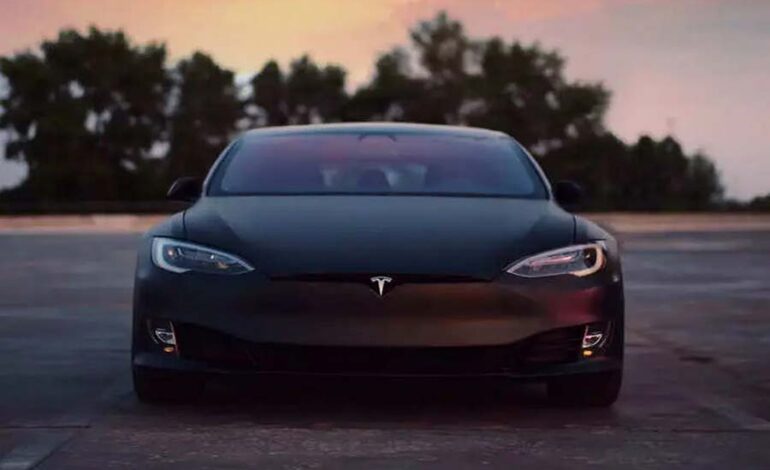Major automakers in India, including Maruti Suzuki and Tata Motors, have announced plans to increase vehicle prices starting January 2024. This decision comes amidst a backdrop of rising inflation and commodity prices, prompting companies to pass on increased costs to consumers.
Reason for Price Hike
Unlike previous instances where changes in taxes drove price hikes, the current surge is primarily attributed to heightened cost pressures due to inflation and rising commodity prices. Maruti Suzuki, for instance, emphasized the need to adjust prices accordingly to offset increased production costs.
Inventory Concerns
The automotive industry is grappling with a surplus of inventory, with wholesale volumes exceeding retail sales in recent months. Data from the Federation of Automobile Dealers Associations (FADA) indicates a rise in inventory levels, raising concerns about potential dealer distress without intervention.
Strategy Behind Price Hike Timing
The forthcoming price hike in January serves a dual purpose for automakers. Apart from aligning prices with production costs, it incentivizes consumers to expedite their purchase decisions to avoid higher costs post-hike. Even a minor percentage increase can prompt customers to act swiftly.
Incentives Beyond Price Reductions
Beyond price adjustments, automakers deploy various strategies to entice year-end purchases. These include discounts, complimentary accessories, tie-ups with insurance companies for better rates, and discounted extended warranties, all aimed at boosting sales before the year concludes.
Considerations for Consumers
While the allure of discounts and incentives may prompt immediate car purchases, consumers should weigh certain factors before making a decision. One critical aspect is the manufacturing date, as cars bought in December will bear a 2023 manufacturing date, potentially impacting resale value.
Financial experts caution against overlooking the depreciation factor, with cars losing approximately 10-12% of their value annually. A vehicle purchased in December 2023 may fetch a lower resale value compared to one bought in January 2024 due to its outdated manufacturing date.
Evaluating Cost-Benefit Analysis
Despite potential depreciation concerns, purchasing a car at year-end can still be advantageous, depending on the value of discounts and incentives offered. Consumers are advised to assess the overall benefits against potential depreciation losses to determine the viability of a December purchase.
In essence, while year-end car purchases may offer attractive deals, consumers must conduct a thorough cost-benefit analysis to ascertain the true value proposition before making a decision.


